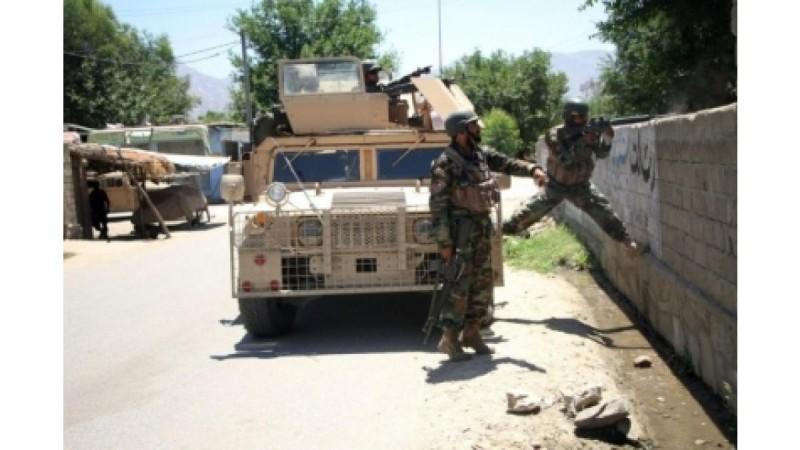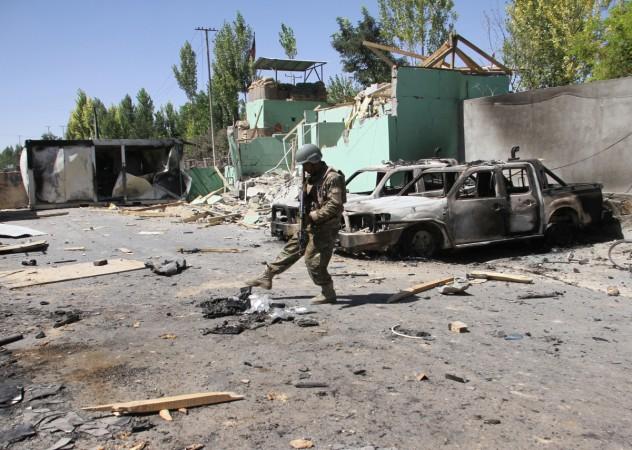It was only a matter of time. Ahead of the final withdrawal of US-led forces from Afghanistan, the Taliban continued to gain ground. Local reports, internal sources, former military commanders, political analysts have all conceded to the fact that Taliban gaining ground and it was a question of 'when' not 'if'. The developments last week confirmed the worst fears and speculations.

With the US troops retreating and Taliban creeping closer, the world over nearly 4 million residents recall the horror they went through when Taliban ruled the country. The freedom and normalcy they tasted in the past 20 years is slipping out of their hands now and could vanish in a matter of months.
Afghanistan has been in an endless, constant state of suffering, conflict and civil war since 1978, following the Soviet aggression. The US presence beginning 2001 brought about a semblance of normalcy but at a heavy cost. Statistics show a sorry figure of death of more than 66,000 Afghan soldiers and 100,000 civilians.
Mohammed Nazim, a Kabul resident, recounted the horrors of Taliban to military.com: "People in the city are scared they'll soon have to flee and become refugees. If the Taliban takes over, all the government institutions, administration, schools and universities will shut down." Ironically, Taliban when literally translated means student.

How long before Taliban takes over?
Peace is far-fetched dream but the people's faith in Afghan forces remains intact though some reports based on sources in the intelligence predict a Taliban takeover within six months to two years of the US departure.
Considering that it was only on July 2 that the last batch of American soldiers returned home from Bagram Air Base, staying back are only 650 soldiers with the limited mission of safeguarding US embassy and Kabul's international airport.
History of violence and conflict
Even though accused of making pro-Taliban remarks, last month Pakistan Foreign Minister Shah Mahmood Qureshi, rightly summed up the situation in Afghanistan, "People are tired." They are tired of the violence, of constantly being in a conflict-ridden state and basic human rights and opportunities that violence denies.
Afghan students studying across the world have recalled the dark days of the Taliban. An era before the US ousted the Taliban in 2001 following the September 11 terror attacks. Fundamentalists and radical religious sections took over from streets to Parliament and would beat women for so much as not covering their feet properly.
Not just the students, the parents haven't forgotten the horrors either. The previous generation that was subjected to the civil war and the Taliban era following the withdrawal of Soviet troops from Afghanistan in 1989.
What now? What next?
Ever since the US announced its withdrawal, a senior Afghan official told PBS NewsHour that Taliban seized 40 districts all over the country. In total, they control more than 120 districts and are fighting for an additional 180. Last week, a Taliban delegation in Moscow claimed that it controlled over 85 per cent of Afghanistan.
Meanwhile, the complex questions before the comity of nations remain. What now? Will the neighbours, Pakistan, India, Iraq watch quietly? Will China, road infrastructure ally of Pakistan, now worry about lawlessness and armed groups attacking its borders in Xinjiang province, where crackdown against Uighur Muslims has induced worldwide condemnation. Everyone needs to worry about the Taliban now.














